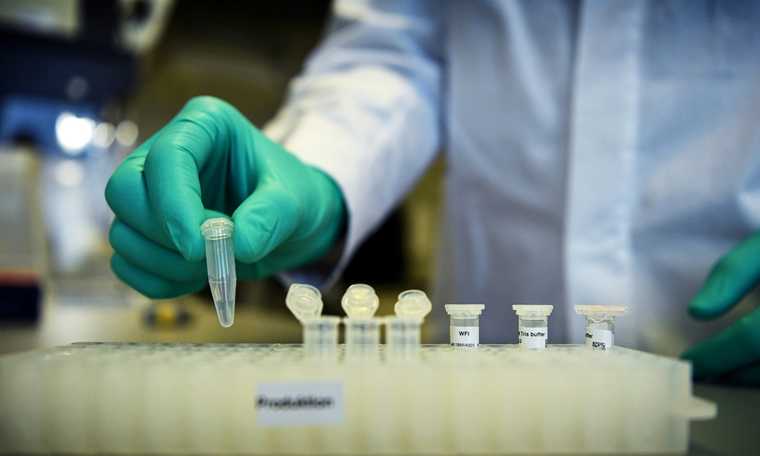By: V4 Agency
According to the WHO regional director, the Hungarian anti-coronavirus vaccination campaign is decisive and exemplary. Hans Kluge said vaccination was the only way to overcome the epidemic which extended far beyond geopolitics.
With Hungary already among the first of EU members regarding vaccination rollout rate, not only were people protected and given a chance, but so was the economy, Hans Kluge emphasized.
Speaking to the Hungarian public media, the WHO regional director said that finding a balance was very important in connection with the reopening of the countries. He stressed that there was a paradox in the current situation, as there were already vaccines to contain the epidemic, at the same time the British mutant variant was spreading rapidly in all age groups. The reopening of schools, could therefore, produce an increase in viral spread here, as well.
However, he emphasized that Hungary was doing the right thing in gradually reopening schools.
“On the one hand, we at the WHO have always said that schools should be the last to be closed and the first to reopen. But gradualism, as well as security must be applied throughout,” said Mr Kluge.
At European level, it would be worthwhile to improve coordination between countries, because the virus is oblivious to borders. “So it would be desirable to have more harmonisation across the EU maintaining the balance between moderation and safety,” he noted. He also added that vaccine production capacity should be increased in the meantime.
He said he had a very good meeting with the Hungarian minister of health and the minister of foreign affairs about how Hungary’s production capacity is progressing. As he put it, other countries are also addressing this issue, such as Serbia, which is striving to boost its coronavirus vaccine production capabilities as soon as possible.
There is a need to strengthen pan-European solidarity, the WHO regional director said, especially as it applies to the vaccine issue.
As a concrete measure, for instance, Mr Klug suggested that once the most vulnerable have been vaccinated in a country, then those countries should not hesitate to share some stocks of vaccines with other states.
He stressed that we should keep in mind, especially because of viral mutations, that no one is protected until everyone is protected through vaccination.
He emphasized the importance of countries finding comprehensive solutions regarding reopening, but also concedes that economies are suffering in this situation.
“We don’t want a lost Covid-generation either, which means denying children the opportunity for a good education,” he stressed. He added that digital solutions cannot replace person-to-person relationships.
On the issue of returning to normal life, Hans Kluge said he was optimistic that we were moving forward and were not going back to the old norms, but were moving towards new ones. He mentioned mask wearing as an example and explained it should be an automatic behaviour that if someone has the flu, for instance, he puts on a mask to protect others.
He stressed that health care should be valued more and not be taken for granted in the future, because in the current situation, it was clear that if there is no health, there is no economy. Recognising this is yet another aspect of the new norms.
